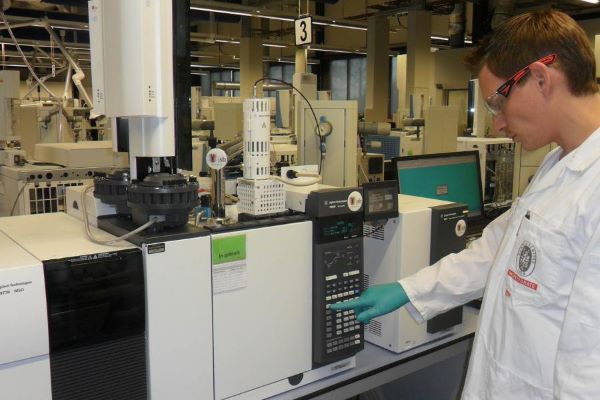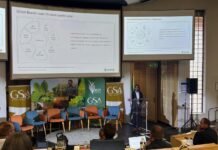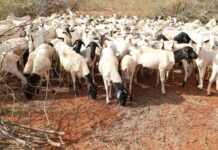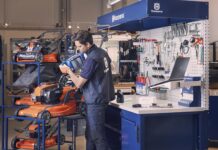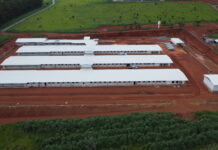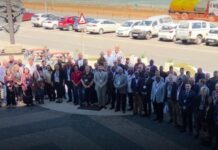Bureau Veritas , a global leader in testing, inspection, and certification, announces that Bureau Veritas’s AgriFood Laboratory in Cape Town has successfully completed a solar power and back up energy project that enables it to operate independently of the national electricity grid of South Africa.
Bureau Veritas has taken a bold step toward undertaking a solar and back up project that allows it to sustain its business continuity for its Cape Town AgriFood Laboratory. This development not only allows the laboratory to operate at full capacity, 24 hours a day and without interruptions, but it also represents a significant stride toward the Group’s objectives and ongoing commitment to environmental sustainablity through reduced Carbon Emmisions.
Joanne Barton, Managing Director, Bureau Veritas AgriFood Labaratories, said: “Our transition to solar power has energised our team in Cape Town due to the reliability of our new system. We are delighted that we are able to serve our clients with 100% uptime, ensuring uninterrupted service and a brighter, more sustainable future for our community.
Gavin Hefer, District Chief Executive for Southern Africa, Bureau Veritas, commented: “We are extremely pleased with the team at our AgriFood Lab that has contributed to a project that allows us to better serve our clients in the Western Cape region. As a company that is committed to reducing our carbon footprint, it is imperative that we continue to relieve the national grid of pressure and operate in a way that is sustainable and environmentally responsible while delivering services to our clients without interruptions.”
Operating out of Brackenfell, in the northern suburbs of Cape Town, Bureau Veritas’ AgriFood Laboratories, an ISO 17025:2017 SANAS accredited laboratory, is ideally situated to service role-players in the region’s industrial hubs, as well as those operating the winelands, farming region, fruit orchards, wheatlands and rooibos fields, together with their associated value chains from coast to coast.


